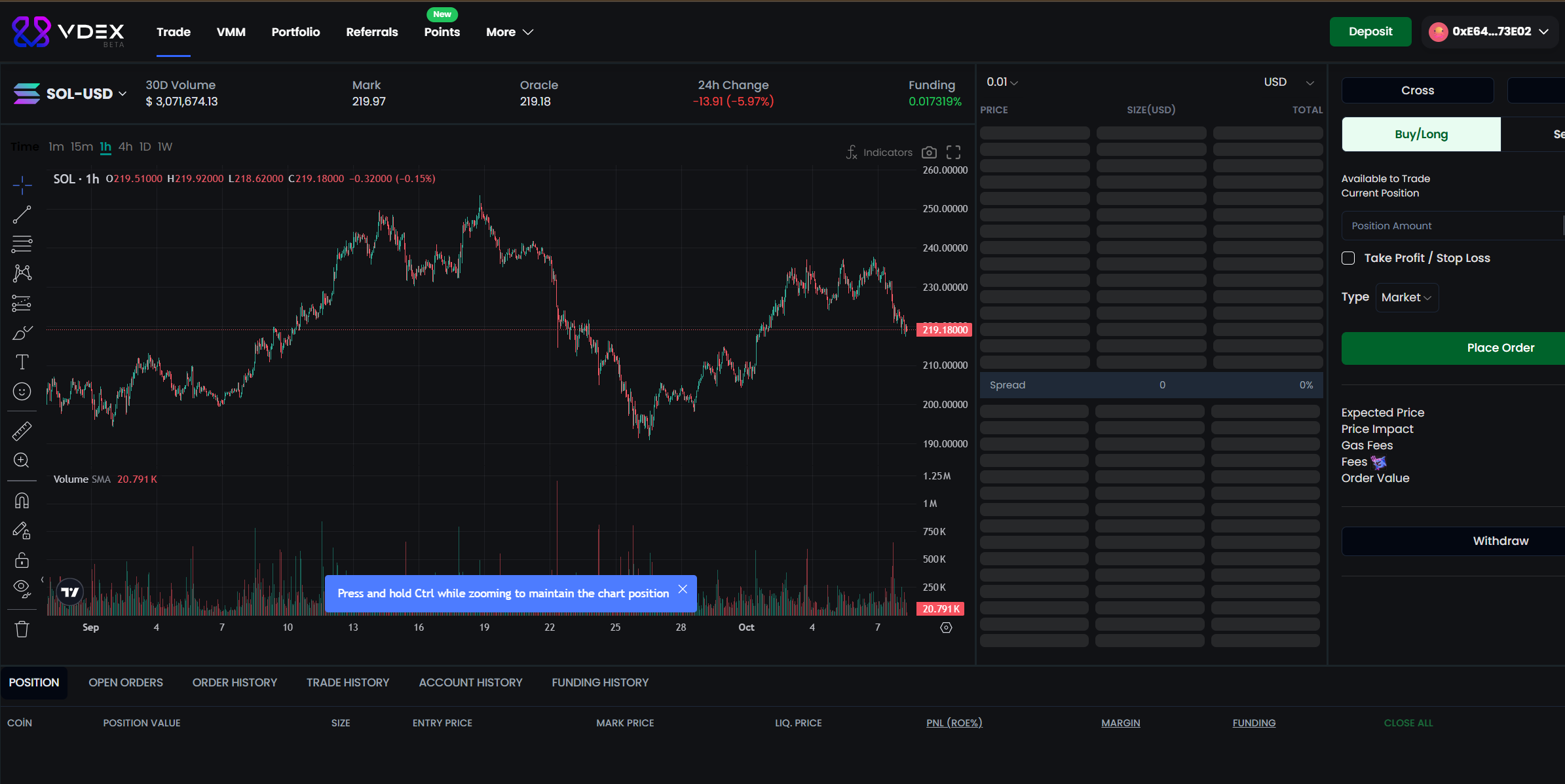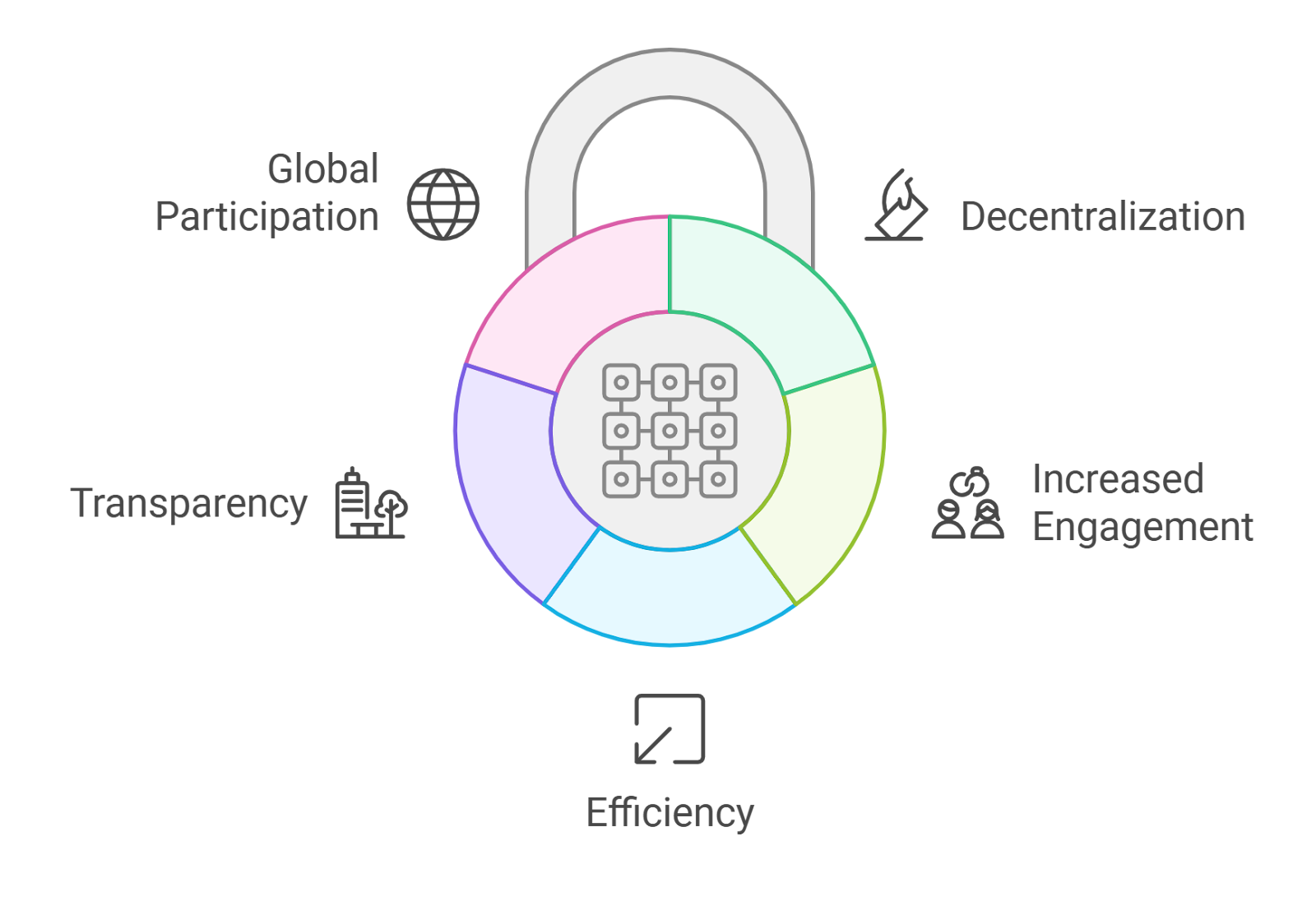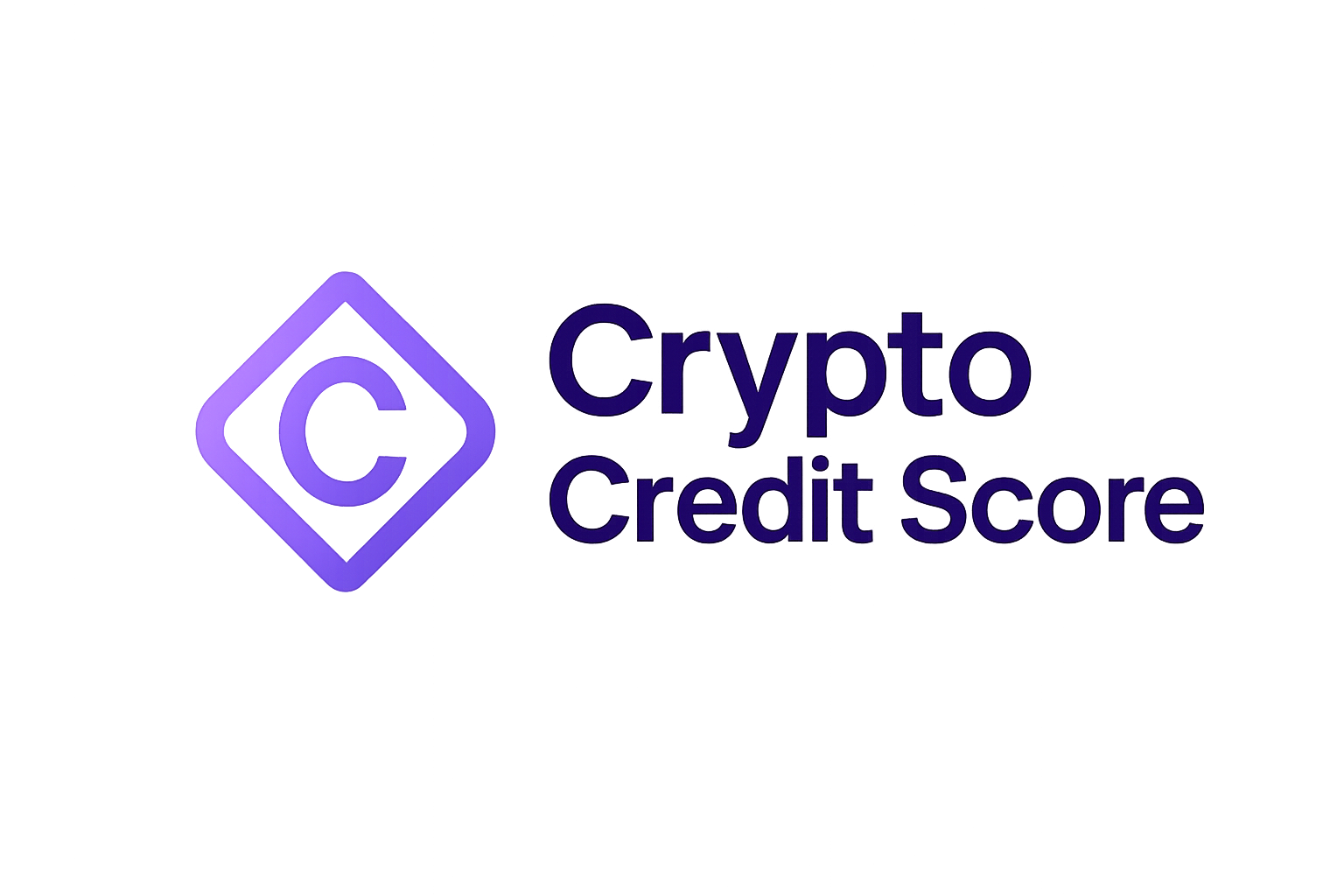
As Bitcoin holds firmly at $111,327.00, the decentralized finance (DeFi) landscape is experiencing unprecedented growth and scrutiny. Yet beneath the surface of this innovation, a new threat is emerging: the rise of shadow credit bureaus in Web3. These entities, often operating in the gray area between compliance and surveillance, are quietly shaping how trust and risk are assessed on-chain – sometimes at odds with the core principles of decentralization.

The Rise of Shadow Credit Bureaus in Web3
In traditional finance, credit bureaus like Equifax and TransUnion have long served as gatekeepers of trust, aggregating personal financial data to generate credit scores. As DeFi platforms seek to unlock broader lending opportunities and reduce risk, some are importing these familiar mechanisms into Web3 by integrating off-chain credit scores. For example, TransUnion now offers conventional credit reports to DeFi lenders, allowing them to assess borrowers’ backgrounds using legacy data sources (source).
This trend is not without controversy. By relying on off-chain data and centralized analytics providers for risk assessment, DeFi protocols may inadvertently recreate many of the problems that decentralized systems sought to solve: opaque decision-making, single points of failure, and systemic data privacy concerns. The emergence of these so-called “shadow credit bureaus” poses a direct threat to the ethos of permissionless finance.
Crypto Wallet Blacklisting and Compliance Analytics: A Double-Edged Sword
The push for regulatory compliance has given rise to sophisticated wallet screening tools that can identify high-risk or sanctioned addresses in real time (source). While such tools help combat illicit activity – with illicit entities reportedly holding nearly $15 billion in crypto assets as of 2025 (source) – they also introduce new risks.
Shadow credit bureaus often aggregate wallet behavior across multiple chains using proprietary algorithms for blacklisting or risk scoring. Users can find themselves excluded from DeFi protocols or NFT marketplaces based on opaque criteria that may be difficult to contest or even discover. This mirrors the worst aspects of traditional finance: black-box decisions with little recourse or transparency for individuals.
The Data Dilemma: Centralization Risks in a Decentralized World
The integration of traditional scoring systems into Web3 raises profound questions about who controls user data – and how it is used. Centralized analytics providers can become honeypots for sensitive information, increasing attack surfaces for hackers while eroding user sovereignty. Errors or biases in off-chain data can propagate through permissionless protocols at scale.
This risk is compounded by aggressive market conditions. With over $2.17 billion stolen from crypto services so far in 2025 alone (source), DeFi projects face immense pressure to demonstrate robust compliance with anti-money laundering (AML) rules and sanctions regimes. However, when compliance comes at the cost of decentralization – through reliance on shadow credit bureaus – the foundational promise of Web3 is put at risk.
Toward Native Decentralized Credit Scoring Solutions
The good news is that alternatives are emerging. Projects like Spectral Finance are pioneering decentralized reputation systems based purely on on-chain activity rather than off-chain records (source). These models aim to provide trust layers without introducing central points of control or surveillance.
By leveraging blockchain’s transparency and composability, decentralized credit scoring allows users to build verifiable reputations through their own wallet history and on-chain behavior. This approach not only preserves privacy but also enables true financial inclusion for those with limited or no traditional credit history. Protocols like ARCx are developing systems where your actions in DeFi, such as timely repayments, staking, or liquidity provision, contribute to a dynamic, portable credit score accessible across the Web3 ecosystem.
Top Decentralized Credit Scoring Projects vs. Shadow Bureaus
-

Spectral Finance: Utilizes on-chain data and machine learning to generate decentralized credit scores (MACRO Scores). Unlike shadow credit bureaus that aggregate off-chain, opaque data, Spectral’s protocol is transparent, composable, and governed by a decentralized community.
-

ARCx: Offers a DeFi Passport that builds a user’s reputation and credit score based solely on on-chain activity. ARCx differs from shadow bureaus by keeping all data and scoring logic open-source and accessible, ensuring users retain control over their financial identity.
-

Cred Protocol: Focuses on on-chain credit scoring for DeFi lending platforms. Cred Protocol’s models are transparent and use only blockchain data, in contrast to shadow credit bureaus that rely on proprietary, off-chain information and centralized data storage.
-

Reputation DAO: Builds decentralized reputation and credit systems for Web3 using smart contracts and community governance. Unlike shadow bureaus, Reputation DAO enables users to curate and verify their own reputational data, promoting privacy and decentralization.
-

RociFi: Provides on-chain credit scoring and under-collateralized lending by analyzing wallet behavior and transaction history. RociFi’s approach is transparent and verifiable, directly contrasting with the opaque methods of shadow credit bureaus.
However, these native solutions face their own set of challenges. Sybil resistance remains a persistent concern, how do you ensure that one user cannot game the system by splitting activity across multiple wallets? Additionally, as compliance requirements intensify globally, even decentralized protocols may be pressured to adopt some form of wallet screening or identity verification. The line between necessary risk controls and creeping centralization will require careful navigation by builders and communities alike.
The Stakes: Trust, Privacy, and the Future of Permissionless Finance
The rise of shadow credit bureaus in Web3 is a wake-up call for anyone who values open access and self-sovereignty. As Bitcoin maintains its position at $111,327.00, the stakes have never been higher: will the next era of finance be shaped by transparent algorithms governed by the community, or by opaque intermediaries wielding unchecked power over who can participate?
For users, awareness is critical. Before interacting with any protocol that claims to assess risk or reputation, investigate whether it relies on on-chain analytics or off-chain data feeds. Understand what data is being collected about your activity, and who ultimately controls it. For developers and DAOs, now is the time to double down on open standards for decentralized identity and reputation that resist capture by any single entity.
Think long, act wise: The future of Web3 depends on our collective vigilance against creeping centralization, especially when it comes disguised as innovation in risk management or compliance analytics.
If we succeed in building robust, privacy-preserving alternatives rooted in public blockchain data, we can unlock new forms of trust without sacrificing the core values that make permissionless finance so powerful. But if shadow credit bureaus gain dominance unchecked, we risk recreating the very systems many entered crypto to escape.






